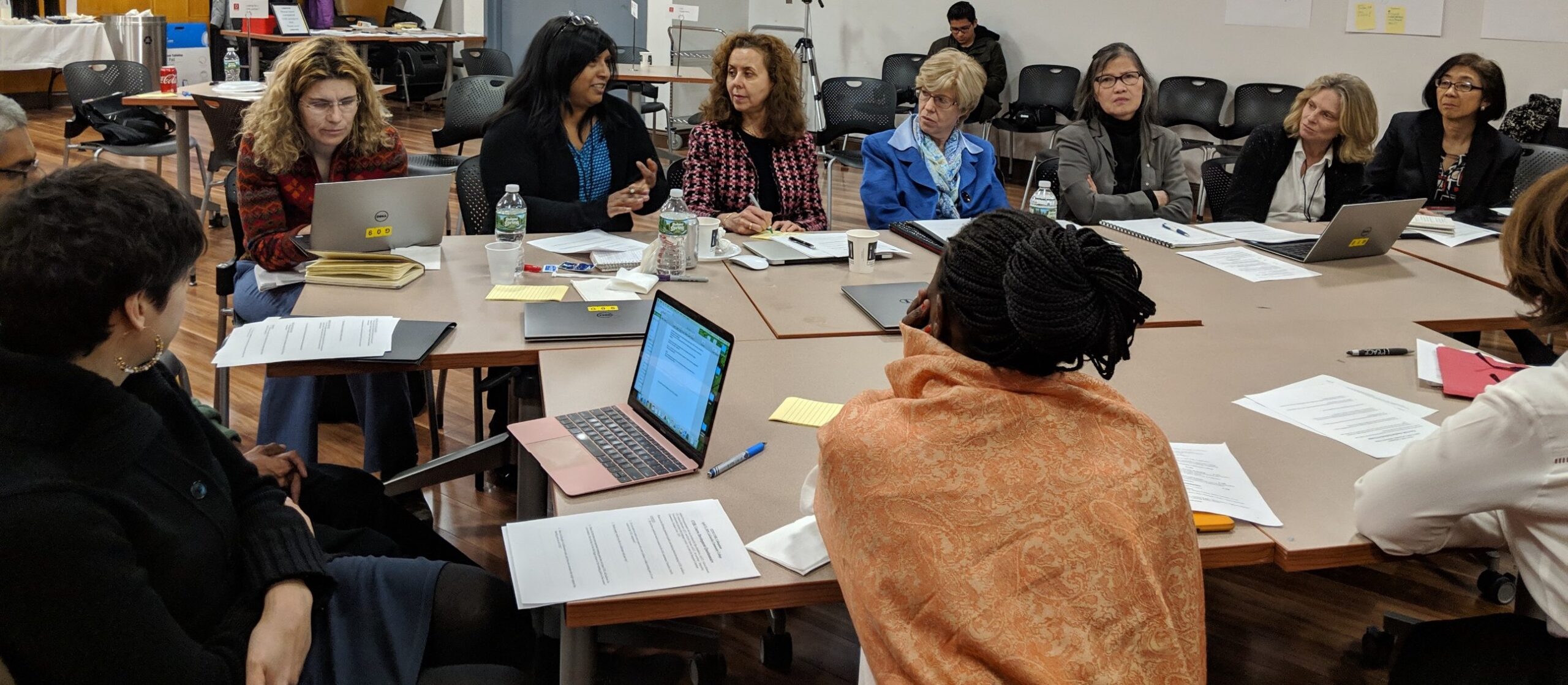
Research Circles
GSACS Faculty Fellows are invited to construct research projects around their GSACS experience. The projects can vary from scholarly articles to conference presentations and grant proposals. They can be co-authored by GSACS faculty partners, fellow GSACS faculty from the same institution, and students! They can be written for international or local scholarly venues. Regardless of the scope and focus of your research, we are happy to provide support through resources and mentorship.
Please review these resources before embarking on your research journey:
- Research strategies, venues, and bibliogrpahy
- Kick-off session slides
- Theoretical frameworks & published articles
Faculty Fellows who are interested in developing research projects based on GSACS should contact one of the research mentors whose research interests are noted below to schedule a meeting. The mentors will be available to provide guidance at a mutually convenient schedule.
Research Mentors
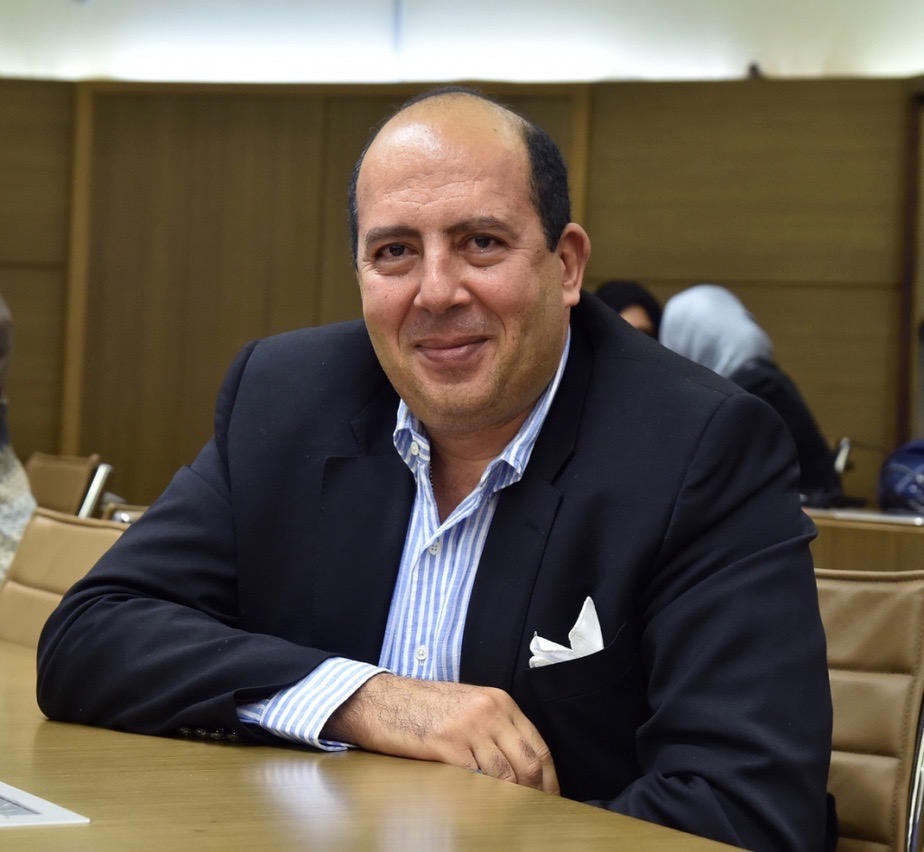
Ashraf Shady is an associate professor of science education at Queens College of the City University of New York. Before becoming a university science educator, he spent 20 years with the New York City education department as a science teacher, science coordinator, and science director. His research interests focus on how race, class, ethnicity, and identity issues construct urban students’ performance in science education.
He is currently focused on two areas of research. The first aims at improving the preparation and retention of secondary public science teachers through the adoption of collaborative clinically rich teacher preparation program. The second is focused on researching how micro, meso and macro structures sway the enactment of teaching and learning of science at high-needs school in Queens, NY. In this study, Dr. Shady utilizes ethnography, interviews, and personal narratives as research tools to improve teaching and learning of public science. Major themes such as social justice, diversity, and scientific literacy are integrated throughout both investigations.
CV, see here.
Contact: [email protected]
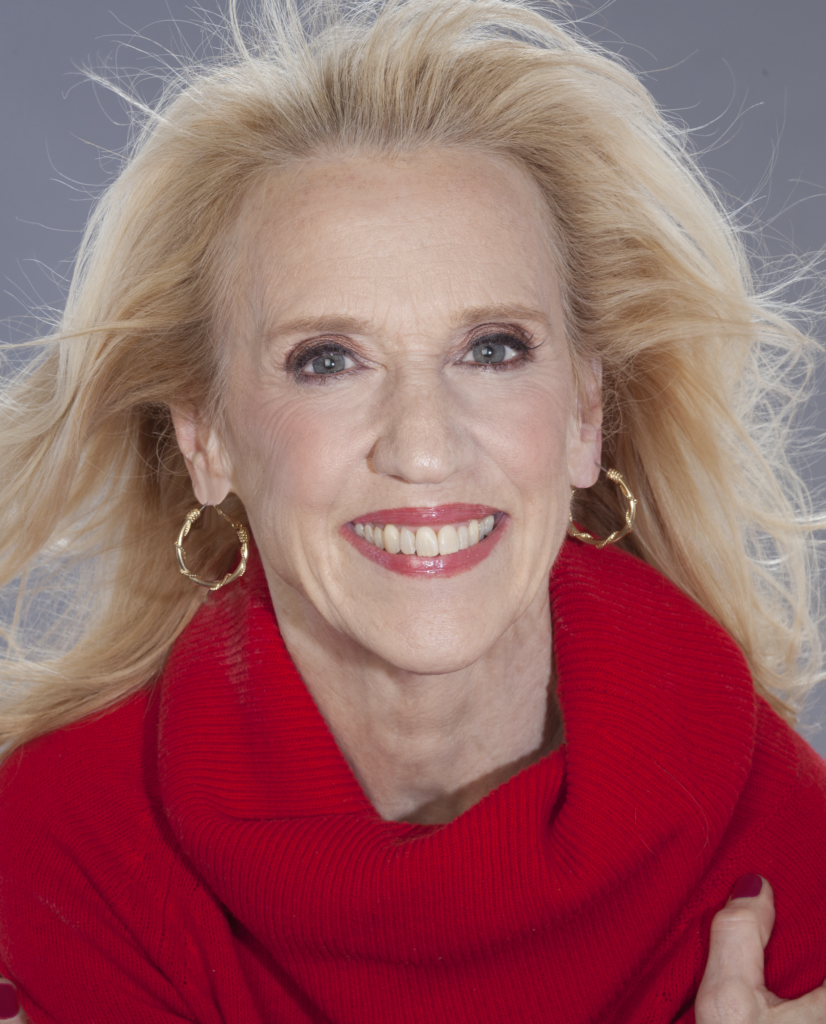
Suzanne Strickland is a sociology professor at Queens College, The City University of New York (CUNY), focusing on Afghanistan and the Afghan immigrant community in Queens, New York. Her international scholarship centers on development issues in Afghanistan and the surrounding region, such as organizing investment funds to rebuild economic sectors.
In Queens, New York, she has conducted a comprehensive study of the nation’s densest Afghan community, examining cultural attitudes and challenges to assimilation with an eye toward making policy recommendations to optimize community services. She has also studied how young Afghan immigrants become radicalized and was granted rare access to interview individuals serving time on terrorism convictions in federal U.S. prisons. Her work in this area focuses on crafting policy and programmatic recommendations aimed at redirecting young immigrants from extremism and towards productive activities that contribute to the societies in which they live.
She has received multiple grants to support her research and teaching endeavors, including from the Professional Staff Congress, the Immigration Summer Research Award, and the Mellon Foundation. Professor Strickland comes to academics from a distinguished career in government and politics, where she won numerous awards and appointments for her pioneering work in the realm of welfare reform. She served on President Bill Clinton’s Welfare Reform Task Force and received an award from the Pioneer Institute’s Better Government Competition. She holds a BA in Sociology and Economics from the University of Massachusetts and an MA in Sociology from Boston College. She is currently completing her Ph.D. in Sociology.
CV, see here.
Contact: [email protected]
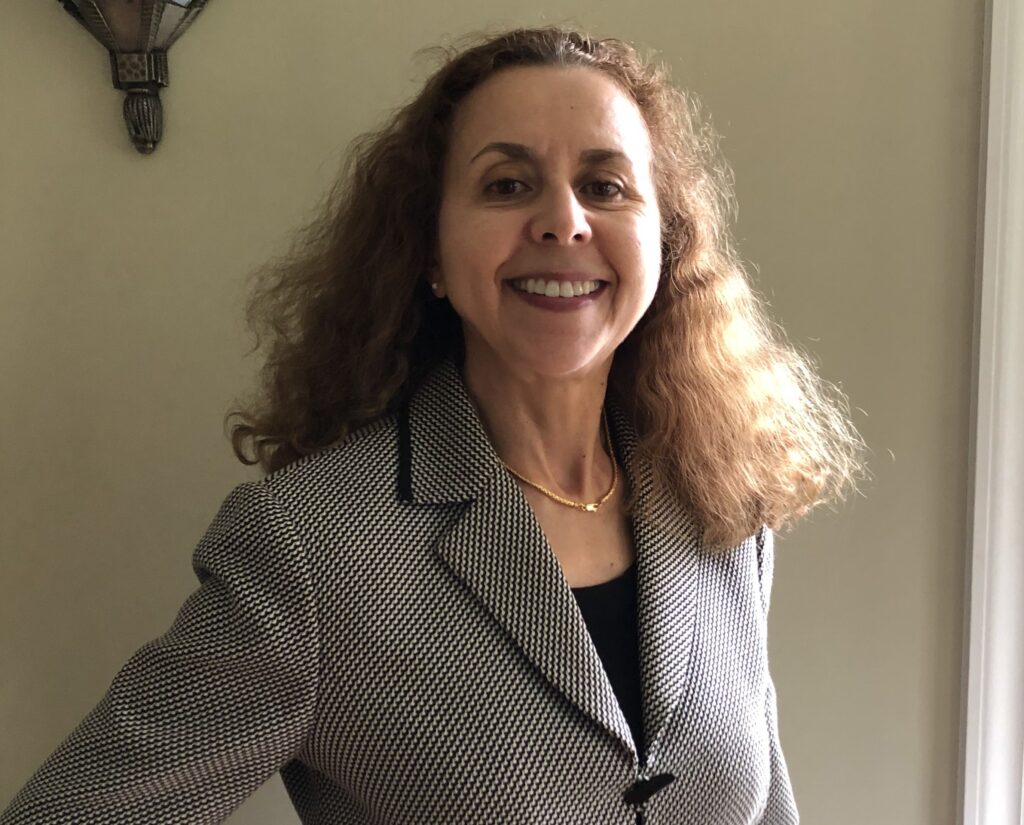
Habiba Boumlik is Professor of languages and literature at CUNY LaGuardia Community College, NY. Her research interests encompass francophone literatures, language instruction and pedagogy, North African immigration to France, Moroccan Judaism, women and activism, and Amazigh identities through film. She is the founder of the New York Forum of Amazigh Film (www.nyfaf.com), an annual film festival celebrating the culture, history and diversity of the Amazigh people through film. She taught in Hungary, Egypt and France and traveled extensively in Europe, Central America and Asia.
Website, see here.
CV, see here.
Contact: [email protected]
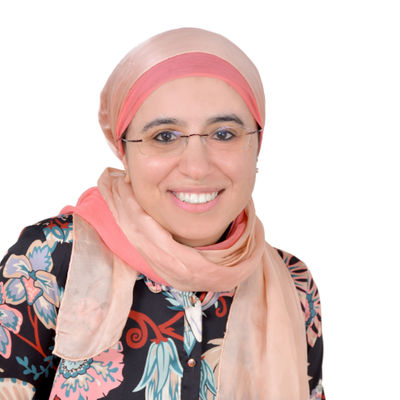
Maha Bali is Associate Professor of Practice at the Center for Learning and Teaching at the American University in Cairo. She has a PhD in Education from the University of Sheffield, UK. She is co-founder of virtuallyconnecting.org (a grassroots movement that challenges academic gatekeeping at conferences) and co-facilitator of Equity Unbound (an equity-focused, open, connected intercultural learning curriculum, which has also branched into academic community activities Continuity with Careand Socially Just Academia and a collaboration with OneHE: Community-building Resources. She writes and speaks frequently about social justice, critical pedagogy, and open and online education. She blogs regularly at http://blog.mahabali.me and tweets @bali_maha
For Maha’s list of peer-reviewed publications, see here.
For Maha’s list of keynotes and invited talks, see here.
CV, see here.
Contact: [email protected]

Olga Aksakalova, GSACS Project Director, is Professor of English and Coordinator of the Collaborative Online International Learning (COIL) program at LaGuardia Community College, CUNY. She teaches courses on cultural identity in American literature, women writers, writing center pedagogy, and academic writing. In her role as COIL Coordinator, Dr. Aksakalova has supported over 100 class-to-class partnerships with thirty international institutions of higher education. Before joining LaGuardia, she served as founding director of the bilingual Writing and Communation Center at the New Economic School in Moscow, Russia. Her research interests include civic engagement in transnational writing programs; bilingual writing centers; COIL program administration; COIL in the humanities; 20th century American literature and autobiography studies. Dr. Aksakalova serves on the board of non-profit organization COIL Connect and on the editorial board of College Composition and Communication.
CV, see here.
Contact: [email protected]


